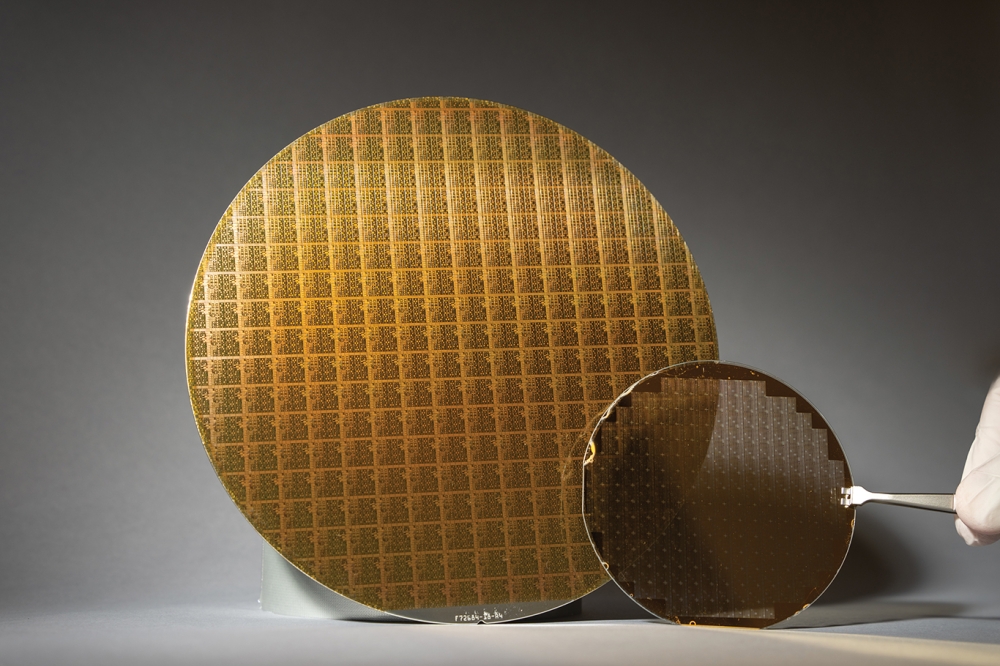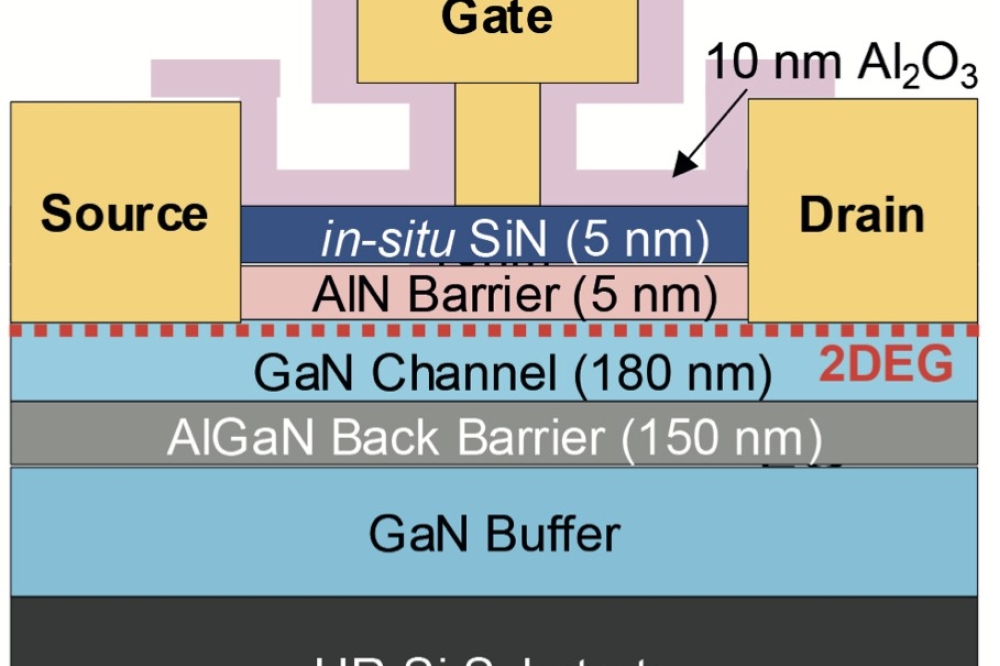Panelists call for better training in SiC and GaN design

Power Electronics Industry Collaborative panelists share their vision for workforce development initiatives
The Power Electronics Industry Collaborative (PEIC) organised a special session on workforce challenges and opportunities facing the power electronics industry at the IEEE Energy Conversion Congress & Expo (ECCE), held Oct. 1 "“ 5, 2017 in Cincinnati, OH.
Six expert panelists from PEIC member companies and affiliates shared their collective vision for enhanced workforce development initiatives in power electronics.
Here are some excerpts from the panel session:
David Morrison, editor of How2Power, a leading online information portal created to help power electronics engineers solve real-world design challenges, was the moderator of the session:
"There continues to be a need for trained power electronics engineers, and the current demand exceeds the supply of available talent. There is a clear need to develop programs for students and their instructors at all levels, as well as working engineers and technicians."
Victor Veliadis, deputy director & CTO for Power America, a manufacturing institute supported by the US Department of Energy and managed by North Carolina State University, has a mission to accelerate wide bandgap device technology:
"As the power electronics industry transitions from silicon to SiC and GaN technology, the need for wide bandgap educational curriculum development is going to be critical, starting at the undergraduate level. Equally important will be professional development opportunities, such as conference tutorials and short courses for working engineers that provide practical wide bandgap knowledge to assist in the transition to designing in SiC and GaN devices."
Alex King, director of the Critical Materials Institute at The Ames Laboratory, provided a cautionary note on the need for power electronics companies to "staff for surprises" in their supply chain for materials:
"Future supply chain disruptions involving critical elements like gallium or neodymium are going to require power electronics companies to either have materials engineers on staff, or establish relationships with external experts to deal with the challenges of materials acquisition. Monitoring the supply chain for these future disruptions and having a response strategy will be a key skill set for future employees."
Rich Lukaszewski, manager of the Power Electronics Group at Rockwell Automation, directs new product development for power electronics projects:
"The current power electronics engineering workforce continues to age rapidly, making it critical for new engineers to learn existing technologies and processes, and for older engineers to learn about newer design tools that are vital to integrating new technology into systems design. Mentoring relationships between these two groups of engineers is key to encouraging this exchange of knowledge."
Elie Naim is a technical specialist for vehicle electrification at AVL, the world's largest independent company for the development, simulation, and test engineering of drive systems for passenger & commercial vehicles, and large engines:
"As power electronics are increasingly integrated into the development of advanced electric vehicles and renewable energy conversion, testing engineers will be critical to designing the types of test procedures and methodologies to ensure the successful deployment of these technologies."
Ron Demcko is an AVX Fellow and manager of the technical sales group for AVX Corporation, a leading global manufacturer of passive electronic components and interconnect products:
"As power electronics switching devices continue to evolve, there is a need for new types of passive components to evolve along with them, through the development of new materials, new manufacturing techniques, and new packages. Government labs and the programs they fund are critical to continue this type of technology evolution, and companies need to invest in internal training of new engineers."
Minyu Cai is a power electronics engineer in electrification technologies for corporate research & technology at Cummins, Inc., a global leader in the design, manufacture, distribution, and service of diesel and alternative-fueled engines and generator sets:
"As the heavy duty transportation industry shifts from diesel to all-electric powertrains, there will be a need for power electronics engineers to solve the challenges of wide bandgap utilisation, enhance battery and charging technology, higher temperature higher frequency, and higher current operation for all devices, especially magnetics. Beyond the basic engineering disciplines, new engineers will be expected to know the supply chain, the latest design tools and simulation software, an in-depth knowledge of EMI/EMC issues, as well as the ability to diagnose and solve problems."
Keith Evans, president of PEIC, summarised one of the key points regarding the gap between supply and demand of engineers, saying:
"As baby boomers retire in greater numbers, there is a major gap in the supply of experienced power electronics engineers and technicians. As several of our panelists explained, academic training alone cannot prepare one to be a successful systems engineer; on-the-job working experience is a pre-requisite for success. If we look at the power electronics workforce in a supply chain model, it begins at the undergraduate level, and then involves creating more opportunities for post-bachelor level graduates to gain academic research experience in new technology areas. To provide those opportunities, professors' research needs to be funded by either federal or corporate sponsors. In effect, the industry needs to "˜impedance-match' the availability of funding to professors to the needs of the supply chain workforce."


































